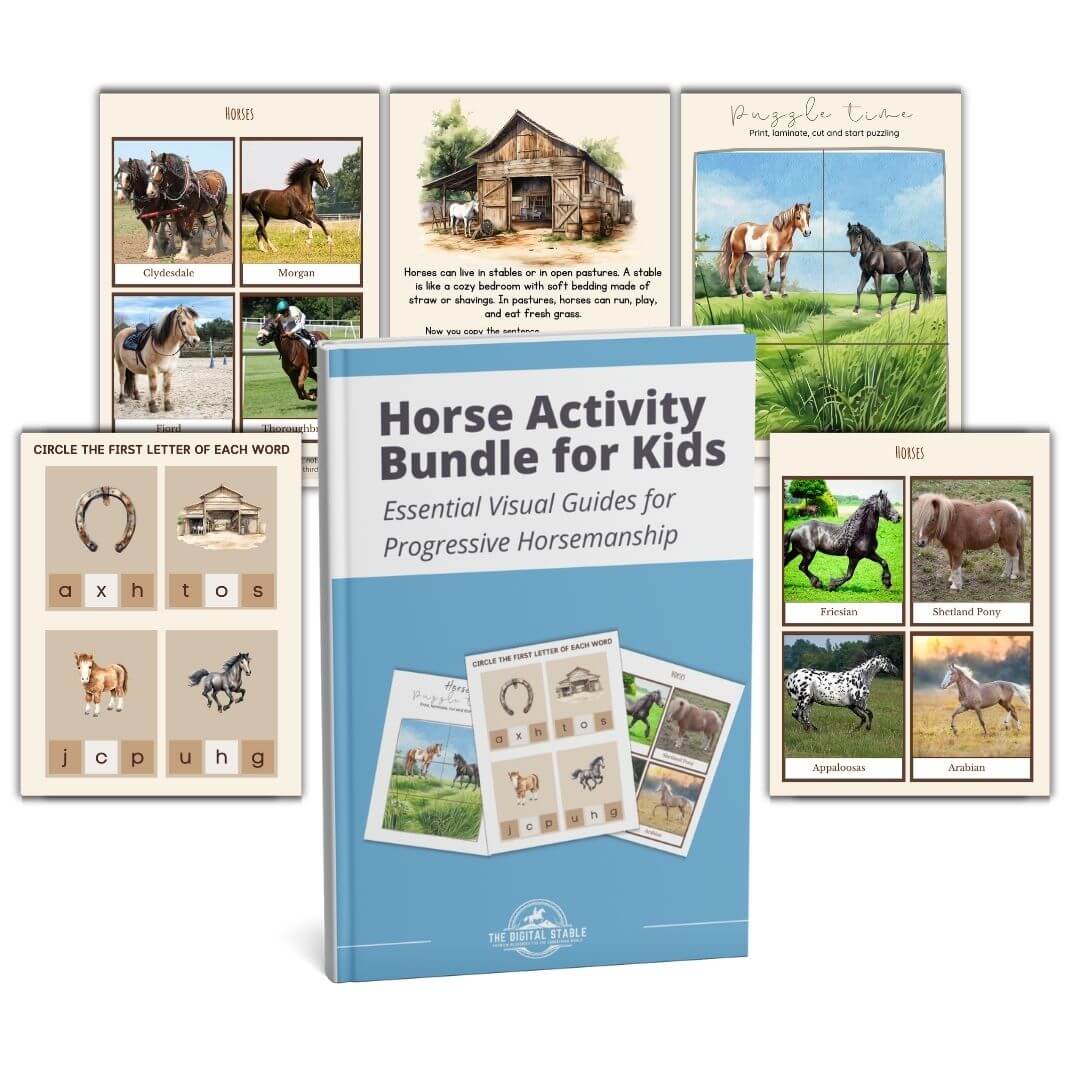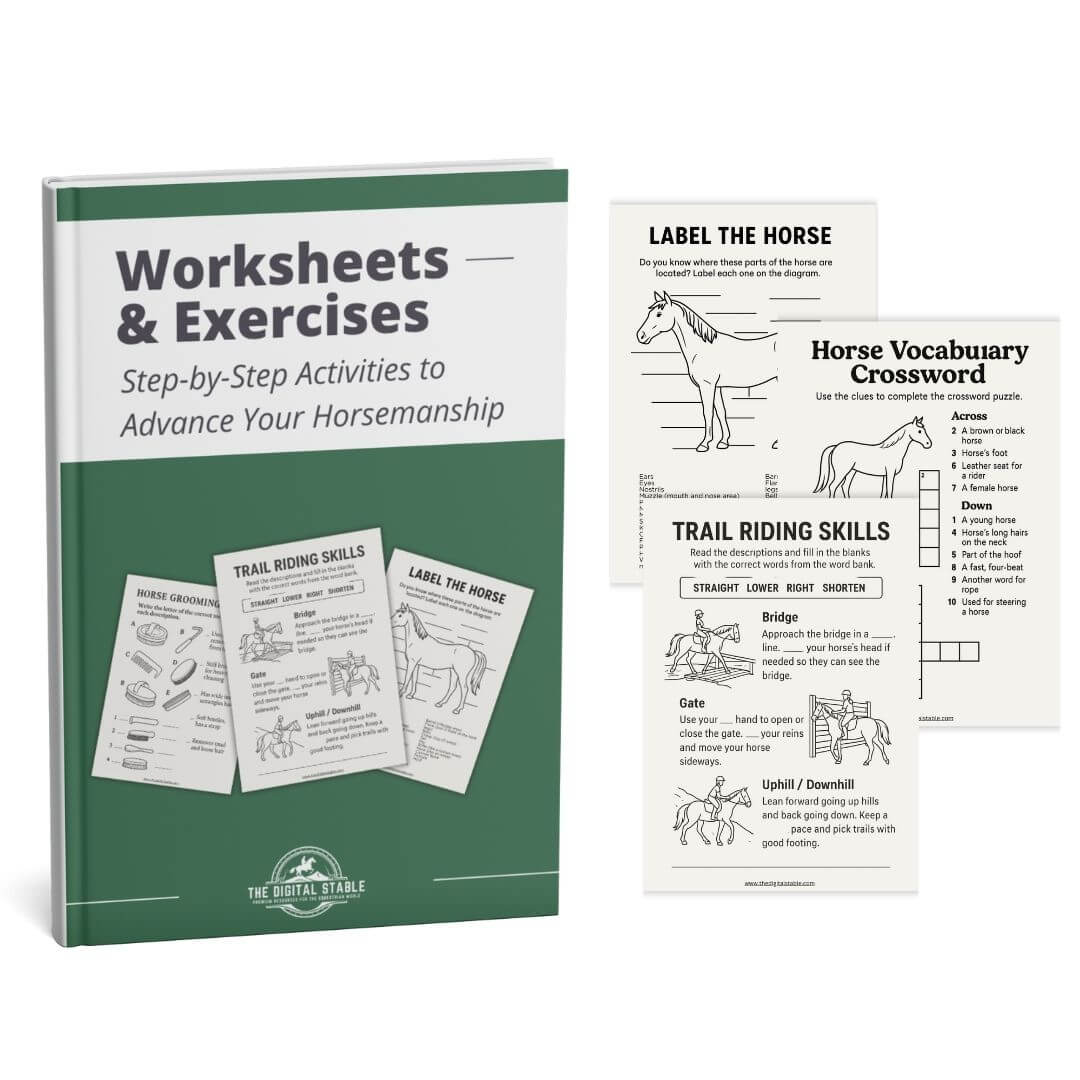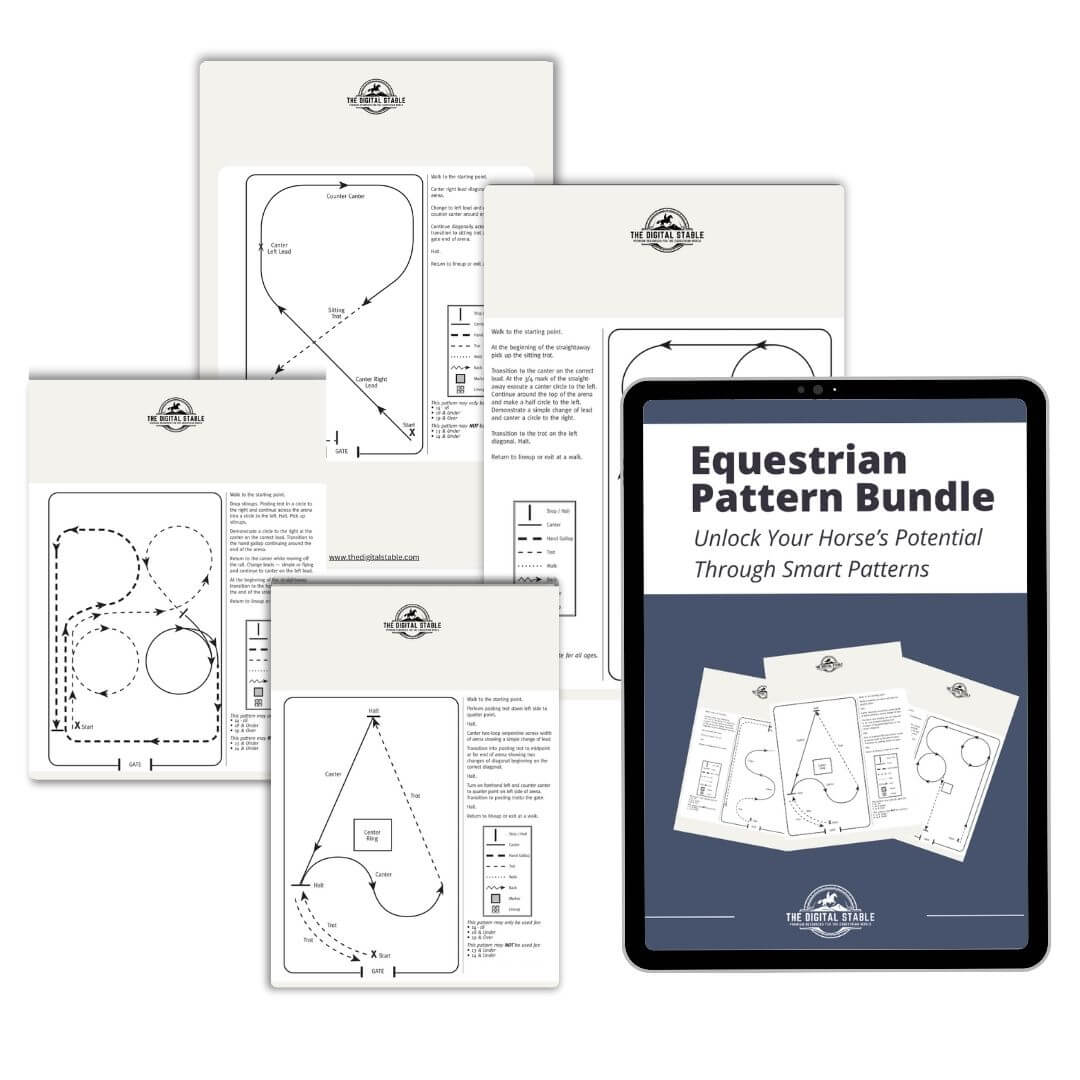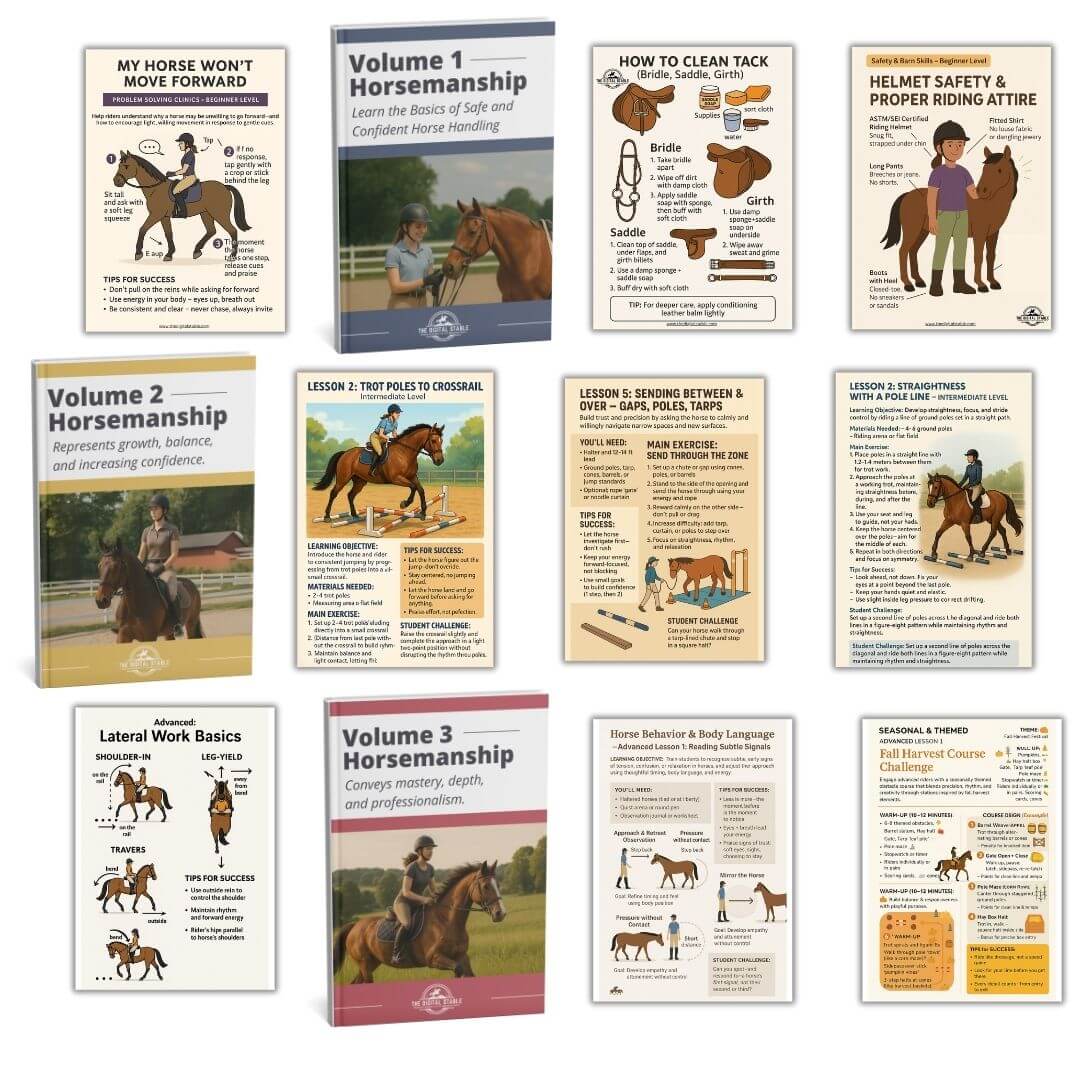
Every riding instructor can teach someone to steer, post, or trot.
But the best instructors don’t just create riders — they create students who never stop learning.
That’s the difference between an instructor and a mentor.
One teaches skills; the other shapes confidence, patience, and partnership.
Here’s how to bridge that gap and become the mentor your students will remember for years.
Teach the Why, Not Just the How
When riders understand why they’re doing something, they become thinkers, not followers.
Explain cause and effect:
“When you soften your hands, your horse can relax his neck.”
“When you breathe out, you help your horse slow down naturally.”
The more context you give, the deeper their understanding — and the more respect they’ll have for the process, not just the result.
Reward Curiosity
The best students ask “why?” constantly.
Encourage it.
Let them puzzle, experiment, and make small mistakes.
Mentorship isn’t about control — it’s about creating safe spaces for exploration.
When riders feel trusted to think for themselves, they stay engaged far beyond the basics.
Celebrate Progress That Isn’t Measured in Ribbons
True mentors see growth that isn’t always visible:
- The timid rider who breathes before mounting.
- The advanced student who finally softens instead of fights.
- The child who remembers to thank their pony.
When you recognize those victories, you build loyalty — because your students feel seen for who they’re becoming, not just what they can do.
Model Calm Leadership
Students watch your body language more than your words.
If you stay grounded when the horse spooks or a lesson goes sideways, you teach emotional regulation through example.
That’s mentorship in its purest form: guiding others through calm presence.
The more composure you model, the more confidence they’ll learn to carry.
Keep Growing Yourself
Mentors never stop being students.
Read. Watch. Ride with others. Keep your curiosity alive.
When students see you learning, they learn humility.
When they see you improving, they realize growth never ends — and that’s what keeps them inspired to stay.
Build Connection Beyond the Arena
Sometimes mentorship happens over coffee after a lesson, or in the quiet five minutes of untacking a horse together.
Ask about their goals. Listen to their frustrations.
The more invested you are in who they are — not just what they ride — the stronger your bond becomes.
Final Thought
Being an instructor means teaching a skill.
Being a mentor means shaping a mindset.
One ends when the lesson does.
The other lasts a lifetime.
When you teach with patience, empathy, and curiosity, you don’t just create better riders — you create better humans.
🐎 Want tools that help your students grow beyond technique?
Explore The Digital Stable Bundle — printable lessons, posters, and worksheets designed to nurture not just riding skills, but confidence, calmness, and connection.
















